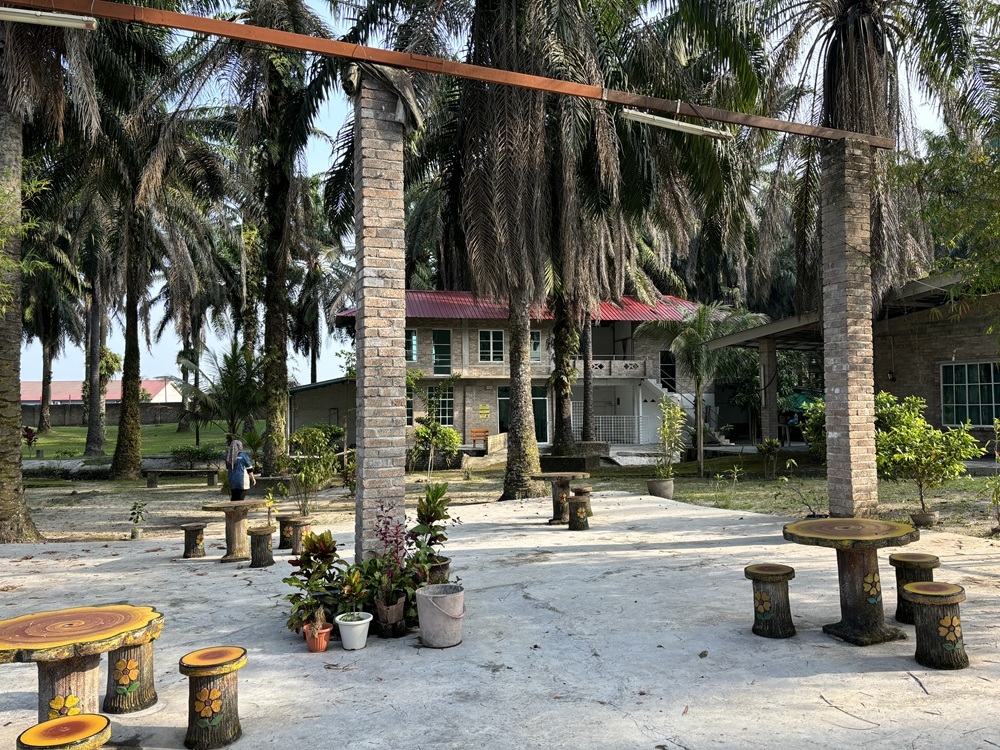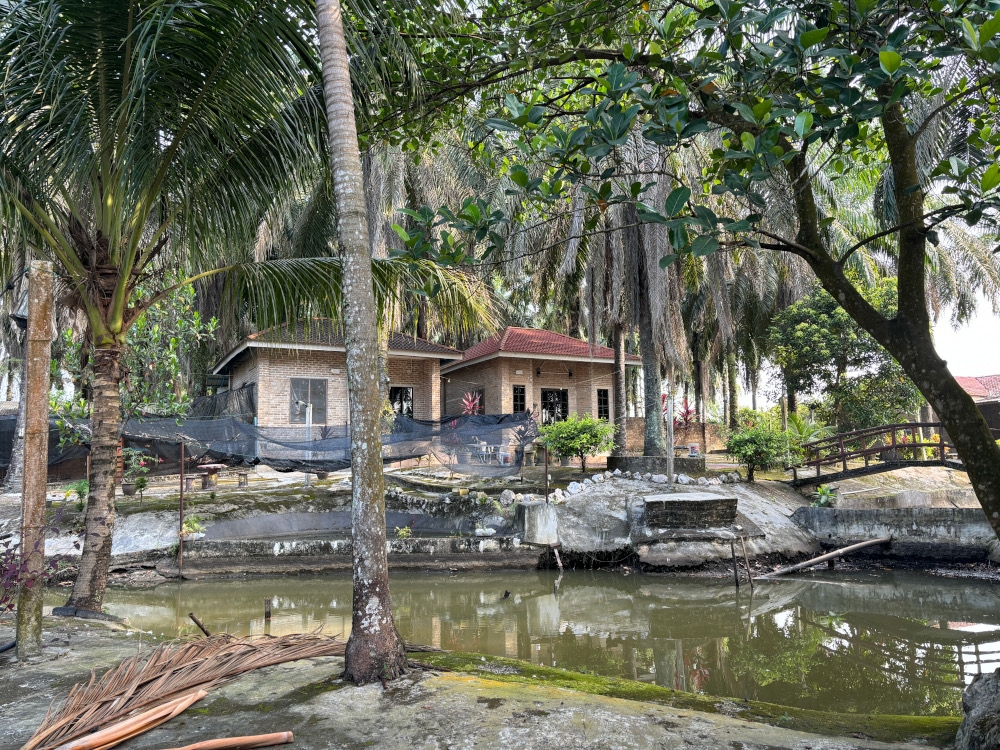KUALA LUMPUR, April 1 — The Malaysian government should take steps to reduce the country’s reliance on imports for food, and should at the same time ensure Malaysians are able to keep a healthy diet with rations or vouchers for healthy food, urban regeneration outfit Think City has suggested.
In analysing the potential impact and risks of the Covid-19 pandemic on Malaysia, Think City pinpointed food security as a key area that the country’s policymakers should look into.
Think City highlighted the challenge of ensuring access to stable, sufficient and healthy food supply at affordable prices, before listing out four risks and four mitigation strategies that can be applied.
One of the risks highlighted by Think City was the long-term health effects if there is “limited access” to fresh, nutritious food, coupled with increased consumption of processed, unhealthy foods, noting that this could lead to micronutrient deficiency and diet-related non-communicable diseases like diabetes.
The Malaysian government could respond to this by formulating “health-based food rationing or voucher scheme, for example redeemable for fruits and vegetables”, Think City suggested as part of its March 27 32-page guide titled “Covid-19 Crisis: Preserving Lives and Livelihoods — A Guide for Malaysian Policymakers”.
Overcoming food shortage and food supply disruption risks
Think City said another risk is that there could be food shortages if Malaysians continue to hoard food, with estimates of 20 to 25 per cent increase in demand at stores amid changing consumer behaviour during the movement control order.
It cited as example the recent shortage of Gardenia bread loaves despite the company’s factories operating at full and maximum production capacity. After having asked customers to only buy what they normally need, Gardenia later said it had increased its production even further at all its factories that operate round the clock to meet demand.
Think City also outlined the twin risks of possible disruption to local food production and disruption to food imports.
It said local production could be affected as livestock especially poultry is heavily dependent on imported animal feed, while food packaging shortages and regulations could cause bottlenecks, and ill employees could result in an estimated 30 per cent of staff loss at a time in the worst-case scenario.
As for imports, Think City said there could be a rise in import prices of food products such as wheat and beef that could affect consumption, while tighter border controls could affect the supply of fresh produce and also result in increased food waste.
In response to the various food risks that could affect Malaysia’s food security, Think City also suggested these three measures to Malaysia’s policymakers, including the development of a list of essential food items and strategically securing food supplies in anticipation of a continuation of the current situation for the next 12 to 18 months.
Think City said Malaysia could also create a centralised food planning and logistics system using currently unutilised warehouses and also employing people who recently lost their jobs, besides also planning to diversify and increase local food production for longer-term consumption while also reducing reliance on imports.
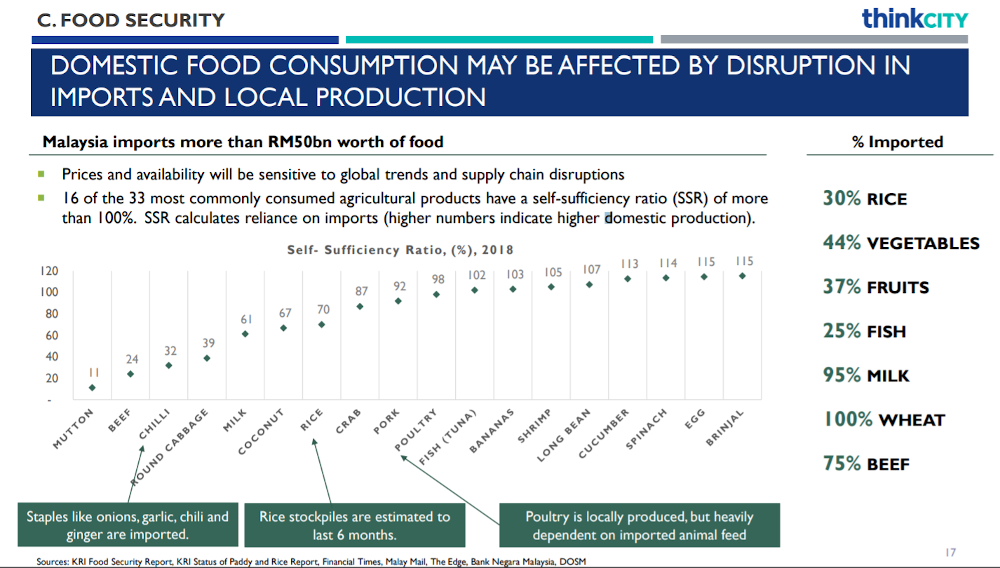
How much food does Malaysia import?
Citing various sources such as news reports, reports and official statistics, Think City laid out the figures on Malaysia’s self-sufficiency when it comes to food, including Malaysia’s import of RM50 billion worth of food in 2018 alone.
The percentage of food imported into Malaysia according to products were listed by Think City as: wheat (100 per cent), milk (95 per cent), beef (75 per cent), vegetables (44 per cent), fruits (37 per cent), rice (30 per cent), and fish (25 per cent).
Citing 2018 figures, the food products which Malaysia is shown to be fully self-sufficient and without having to rely on imports are tuna, bananas, shrimp, long bean, cucumber, spinach, egg and brinjal.
As for rice where 30 per cent is imported while the rest are produced locally, Think City said Malaysia’s rice stockpiles are estimated to last six months.
The Think City guide covers seven parts relating to the Covid-19 crisis, namely healthcare impact, national economy, food security, supply chain, vulnerable communities, forecast for a post-Covid world, as well as recommendations.
On March 28, Agriculture and Food Industry Minister Datuk Seri Ronald Kiandee denied a news report which claimed that Malaysia’s rice stocks can only last two and a half months, assuring Malaysians that they have no need to worry about the availability of rice in the country.
Kiandee had said the country’s current rice stocks were “stable, controlled and consistent”, further assuring that rice imports — which only account for 30 per cent of Malaysia’s consumption — have not been affected and will continue on as usual.



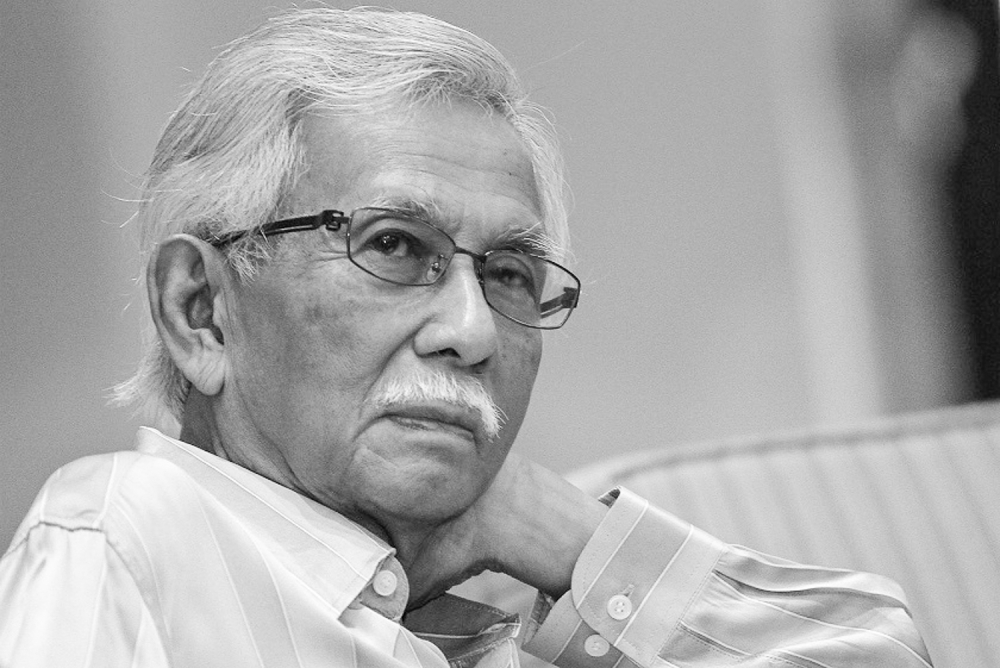

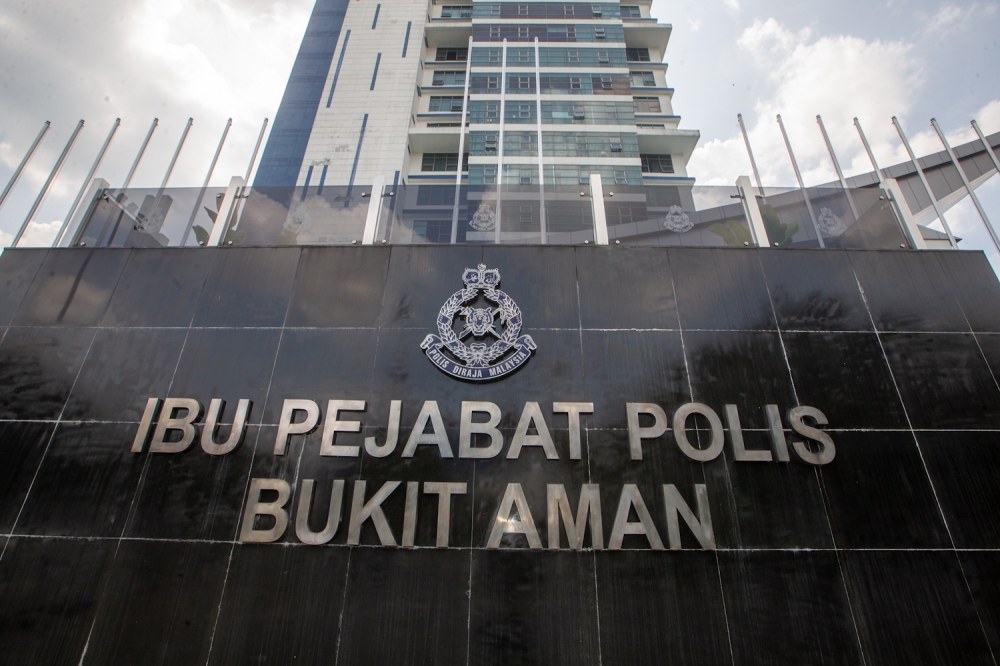


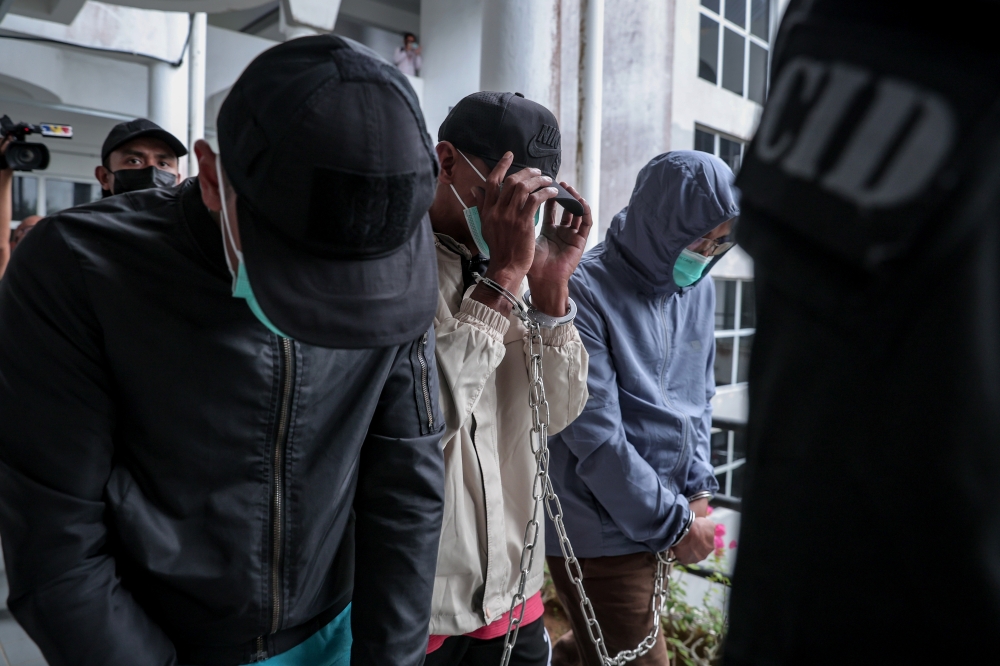

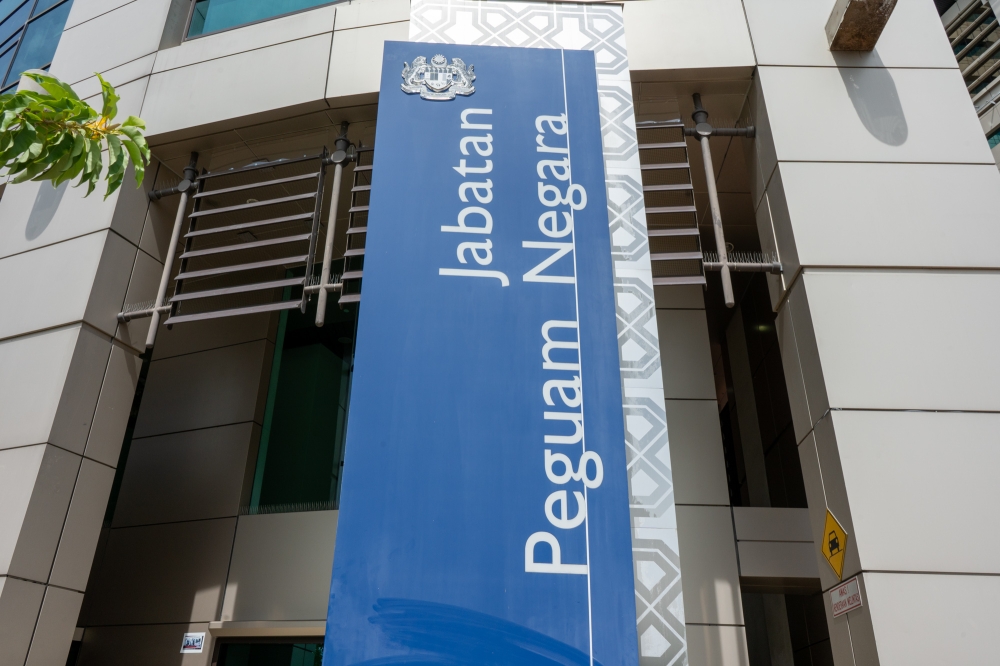

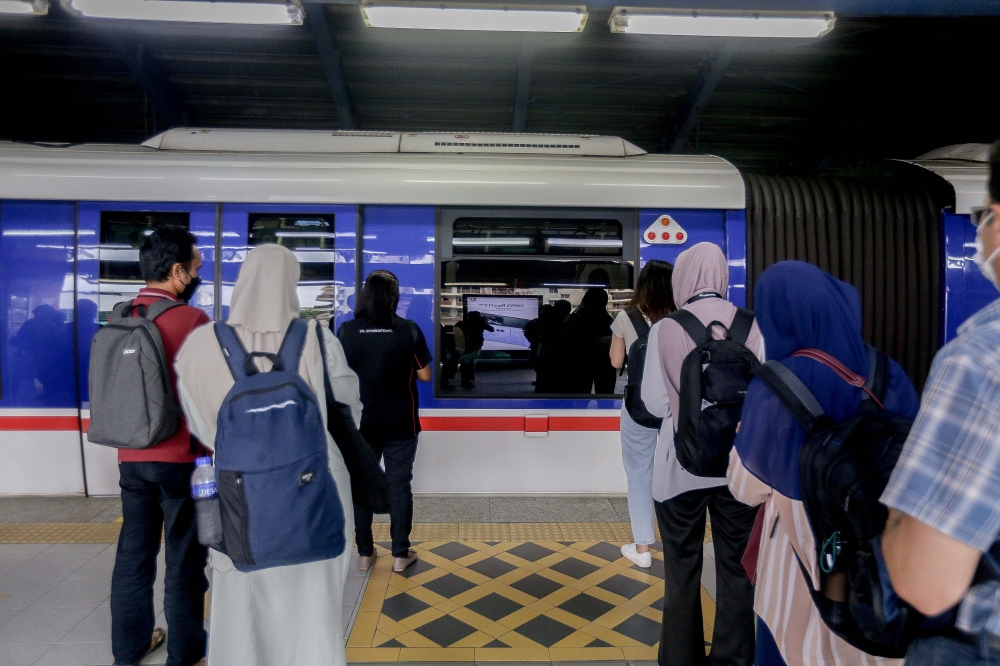


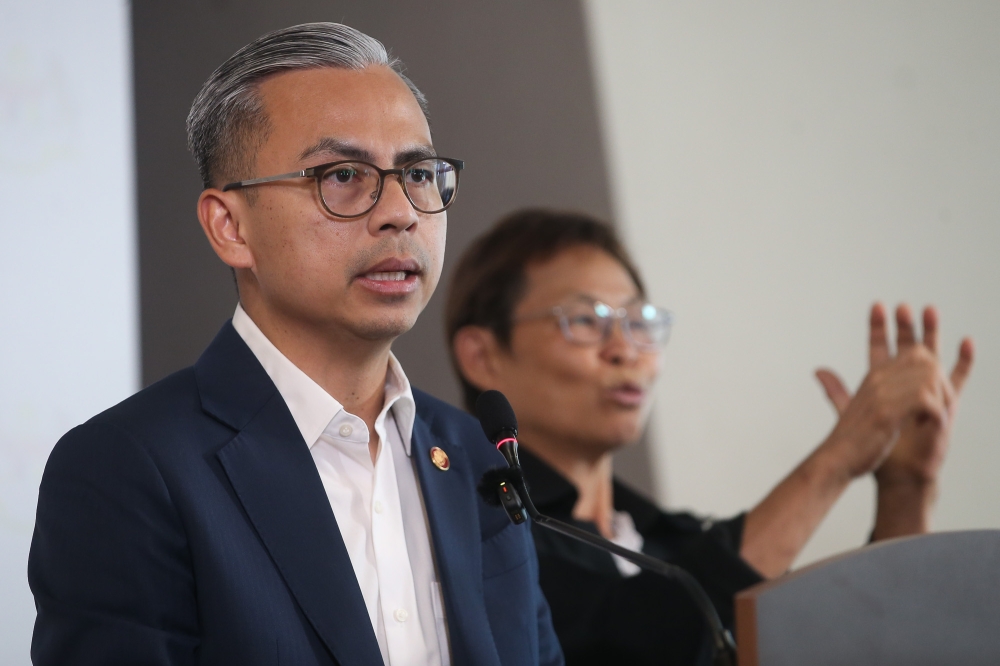
.jpg)
